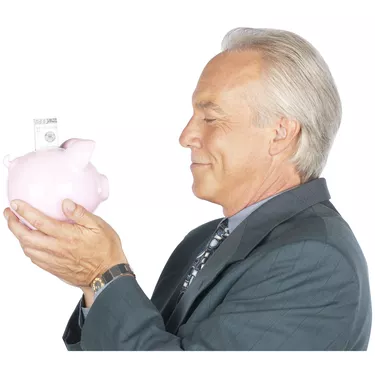
Health Savings Accounts (HSAs) were created by the IRS to provide consumers with a tax-free option for saving money toward qualified medical expenses such as doctor visits, prescription drugs and immunizations. Individuals and families can save for medical expenses using an HSA, provided that the IRS eligibility guidelines are met. An HSA is essentially an interest-accruing savings account into which annual contributions can be made in amounts up to $3,050 for 2011 and $3,100 for 2012 for individuals, and up to $6,150 for 2011 or $6,250 for 2012 for families. Contributions to an HSA are completely tax-deductible, offering the account holder up to a 40 percent tax savings on each dollar contributed, depending on his tax bracket. Funds can be borrowed or withdrawn from an HSA, tax-free and penalty-free, to pay for deductibles and other qualified out-of-pocket medical expenses for the account holder and his dependents.
Step 1
Receive medical services. Doctor visits, specialist visits, lab tests and the like must be completed before HSA funds are withdrawn. Be sure that any services performed for which HSA funds will be used are qualified medical expenses, as specified by the IRS before completing the service.
Video of the Day
Step 2
Submit claims for the service. Claims for completed medical services should be submitted to your insurance company by your health care provider. Once the insurance company receives your claim, an adjusted bill will be provided to you.
Step 3
Pay your adjusted medical bill from your HSA. HSA holders are provided with either HSA checks or an HSA debit card, similar to a regular bank account, both of which can be used to withdraw funds for payment of medical expenses. Account holders may opt to pay for qualified expenses out-of-pocket and later reimburse themselves from the HSA account. Records of all medical expenses withdrawn from an HSA must be provided in the event of an IRS audit. Therefore, receipts and Explanations of Benefits Statements from your health care provider should be kept for each completed service.
Tip
You may use your HSA checks or debit card to make purchases other than for qualified medical expenses. Use these payment options to complete your purchase just as you would with any other bank account payment method.
Warning
Funds borrowed or withdrawn from an HSA for uses other than qualified medical expenses are subject to regular federal income tax rates and an excise tax fee of 20 percent for account holders under the age of 65.
Video of the Day